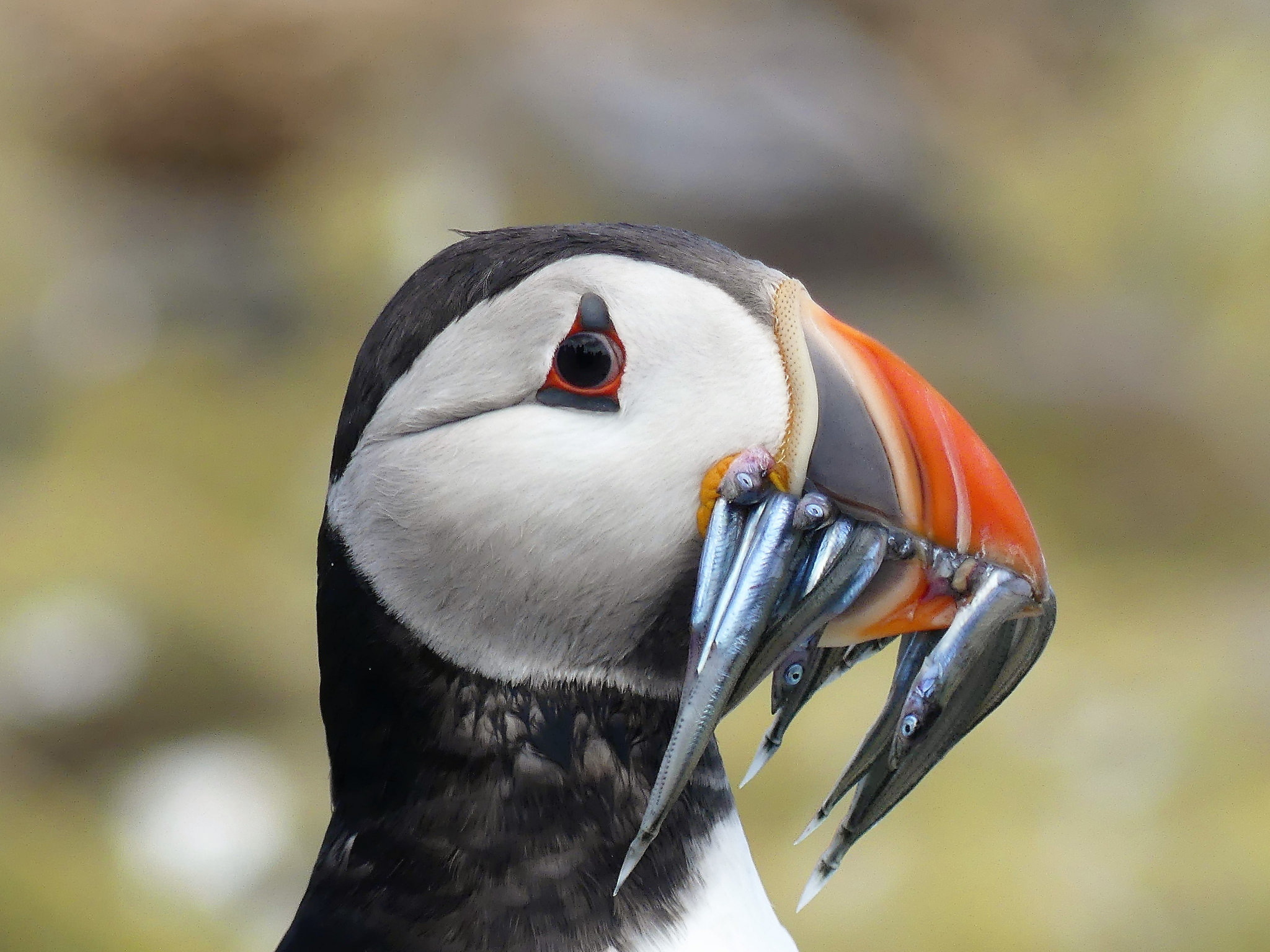Welcome back to our weekly reading roundup!
As long as you’re here, why not subscribe to the Global Comment podcast on iTunes or Soundcloud for interviews with thoughtful and creative people?
And hey: Much like public radio, we’re listener supported. If you enjoy our work, please consider supporting us with a one time or recurring donation.
Can efforts to bottle MDMA’s magic transform psychiatry? (Liza Gross for The Verge)
They’re waiting to see if mainstream medicine will embrace MDMA, assuming the promising results from early PTSD studies hold up under the scrutiny of the larger clinical trials. But Heifets doesn’t want to take any chances that shifting political winds will once again shut down work with the still-popular club drug — along with any hope of ushering in a new era of psychiatry.
A Route 66 Road Trip Through Indigenous Homelands (Shoshi Parks for Yes Magazine)
After World War II, the Mother Road became a route for travel and leisure, spawning a seemingly endless succession of motor lodges, diners, gas stations, and curio shops catering to middle-class Americans at the start of an epic love affair with the automobile.
An Even More Inconvenient Truth (Lisa Song for ProPublica)
But the desperate hunger for these carbon credit plans appears to have blinded many of their advocates to the mounting pile of evidence that they haven’t — and won’t — deliver the climate benefit they promise.
This is the world’s rarest form of gold. New clues are revealing why. (Maya Wei-Haas for National Geographic)
Mining for gold may conjure mental images of shiny nuggets rounded by their trips down streams. But gold can also grow into stunning crystals as it emerges from naturally heated, mineral-rich waters flowing through rocky crevices. When these crystals are elongated, they’re often called wires.
The Man Who Is Aging Too Fast (Erika Hayasaki for Mosaic)
He remembers driving home after his diagnosis, crying to himself. When he told his parents, his mother apologized for not giving birth to a stronger person. But his father told him that if he could endure this disease, he was indeed strong, and maybe scientists would learn from him, gaining knowledge that could help others.

